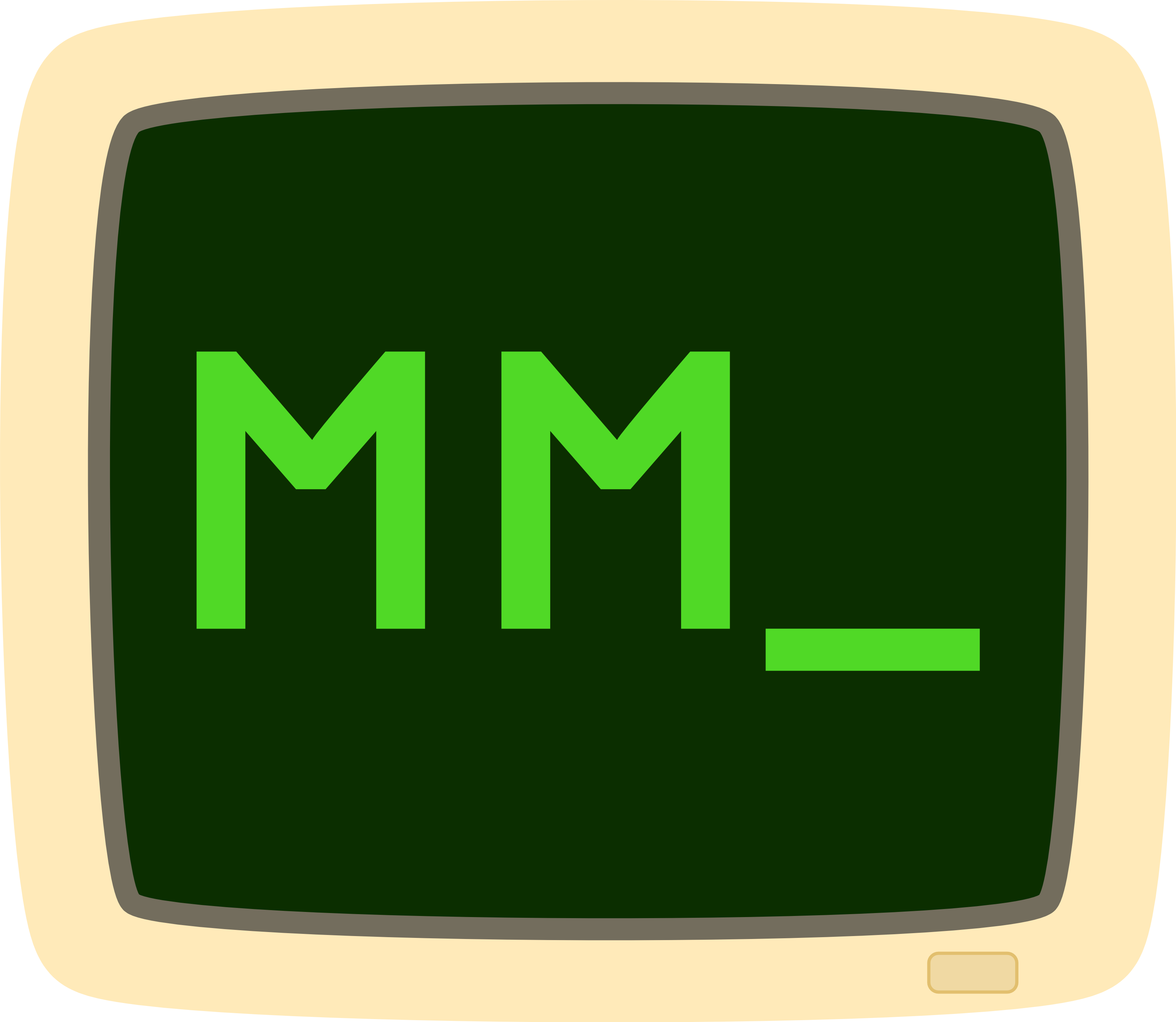Taking time off is part of the job
Are you getting PTO (Paid Time Off)? If you’re employed, you probably do. It means that even when you’re taking time off work (within limits), you won’t forgo any of your salary. Thanks to the people who fought this right out for us over the last century or so, it’s part of any proper employment contract today. So, your work employment includes time you’re not spending at or on work. In other words, taking time off is part of your job. So far, so good.
But what if you’re self-employed? For small business owners and freelancers, work time often translates directly into revenue. The opposite is true, too, in that “no work” might result in “no revenue”, and in turn in less money to take home. That must mean that taking time off is bad business, right? No. In fact, you have it bass ackwards. Not only is not taking time off bad business, it’s outward self-sabotage. If your job is to make your business succeed, taking time off is part of your job, too.
When you’re your own worst caretaker
As I was harshly reminded of myself this year, not taking time off regularly tends to have awful consequences. Sadly, this happens far too often, and not just to self-employed people. According to recent studies, not even half of the employed adults in the United States have been using all or most of their paid vacation time. I can’t go into the many reasons for this “vacation deprivation” here. But I want to highlight its negative outcomes.
The set of conditions commonly called “burnout” is only the late stage of a longer period of deteriorating health, productivity, and joy. Earlier signs that work is getting to you are: waning job satisfaction, increased absenteeism, and poor work-life balance. By now, I recognize these symptoms as signals telling me that a change of pace and course is necessary. When work is turning into a slog, when my life is dominated by task lists that I find hard not to ignore, then I’m the worker equivalent of a swimmer about to drown. If at this point I keep ignoring the signs, and don’t take focused and intentional measures to regain control, failure will be imminent. Sadly, my recent breakdown makes it all too obvious that I’m still struggling with taking this insight to heart.
Getting wrecked
Chronic stress and overwork impact our mental and physical health in significant ways. They impair our productivity — the one thing we’re putting ourselves in the wringer for in the first place. People impacted by this can suffer from a lack of creativity, a reduced ability to focus, and memory lapses. Physiologically, overwork fosters obesity, diabetes, and cardiovascular disease. It also makes us more prone to depression, anxiety (something I need to look into for myself), and substance abuse.
But the damage is not even limited to ourselves. This imbalance can also negatively affect our relationships with family and friends. And if you’re worried how your team will fare while you’re on well-deserved and well-prepared holidays, consider how it will impact your colleagues when your noble martyrdom inevitably ends up forcing you to take extended sick time out of the blue.
Desirable downtime
Here are a few tips to make it easier for you to take time off regularly and get the most out of it.
- According to Alex Soojung-Kim Pang, good recovery requires four ingredients: Relaxation, or allowing our mind and body to wind down. Control, or deciding how to spend our time and attention. Mastery, or being challenged enough to get into a flow state. Detachment, or being so absorbed that we forget about work. Build them intentionally into your resting periods.
- Get enough sleep. Do it. Eight hours straight. The science about it is clear.
- Don’t just turn into a vegetable during your time off, though. An easy way to experience challenge and flow state is moderate exercise. It’ll make you more resilient, and help both your brain and your body to prepare for new challenges.
- Reduce distractions. Switch off your phone. Everyone and their dog says it, and they’re right. Yes, even the dog.
I’ll take this as another opportunity to highly recommend the book “Time Off” by John Fitch, Max Frenzel, and Mariya Suzuki. But don’t just read it like I did; also take the steps required to put its insightful advice into practice!
